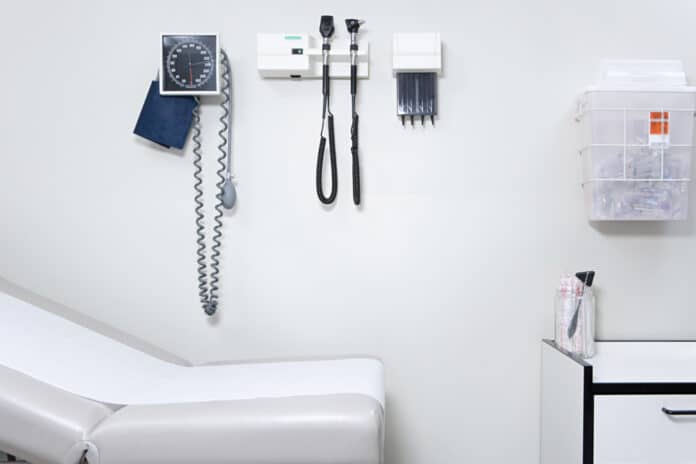
“Gaslighting” typically describes a situation where manipulation and toxicity exist in a relationship between two persons. It is a term that describes the tactics employed by a person to throw down into the beliefs and perceptions of another person. However, recent trends have witnessed the medical sector imbibe such a term to describe where a medical professional deliberately downplays a patient’s illness —medical gaslighting.
Therefore, medical gaslighting describes a term where a medical professional downplays or completely dismisses some signs and symptoms of any illness present in a patient. According to Taish Malone, L.P.C., Ph.D., —a counselor and psychotherapist at Mindpath Health—, It is also the term used to describe situations where doctors convince you that the signs of illnesses you have been feeling are in your head or that you defer to them because they are the professionals.
Dr. Ryland Gore, an Atlanta-based breast cancer expert, has highlighted that anyone can experience medical gaslighting. Still, more specifically, this issue affects women, people of color, the elderly, and the LGBTQ+ communities.
Signs of Medical Gaslighting
According to Gore, some signs may indicate medical gaslighting. These include where:
- Symptoms of illnesses are blamed on the patient’s weight.
- A medical professional refuses to undertake imaging tests, even where it is apparent that the signs of illnesses may need another look.
- There is a misdiagnosis that ultimately leads to delayed or wrong treatment.
- The medical professional is rude etc.
Class of Patients Likely to Experience Medical Gaslighting?
Women
Women are more prone to medical gaslighting, according to research. For example, studies have indicated that women are 50% more likely to be misdiagnosed after a heart attack and 33% more likely to experience misdiagnosis after a stroke. Finally, for people that have autism spectrum disorder, women are more likely to experience either a misdiagnosis or delayed diagnosis.
People That Suffer From Reproductive Health Complications
According to Dr. Christine Metz, who runs the ROSE clinical study, most medical gaslighting incidences occur in reproductive health cases. Many people refrain from discussing issues such as menstruation and menstrual pain because it has been deemed taboo in some societies. Among her studies, Dr. Metz has found that more than 70% of women have had their symptoms of illnesses disregarded by friends, families, and even physicians.
Young Children and Teens
Finally, age plays a vital role in medical gaslighting. For instance, many adolescents have been taught that certain health concerns of theirs are part of the puberty phase they are currently experiencing. Many young girls have been told that menstrual pain is a normal phase when it could be a sign of a serious condition, such as endometriosis.
How to Protect Yourself From Medical Gaslighting
You can employ certain steps to protect yourself from medical gaslighting. These include:
- Check the reviews of medical care providers on certified consumer websites. Further, you can obtain a more objective review of the Federation of State Medical Boards (FSMB). This site reviews the medical credentials of medical professionals, as well as any disciplinary actions that may have been instituted against them.
- Write down questions: Finally, before you visit the doctor, you may want to write down all the questions that may have been bothering you. This helps you ask the right questions, which you may forget during such appointments.


















